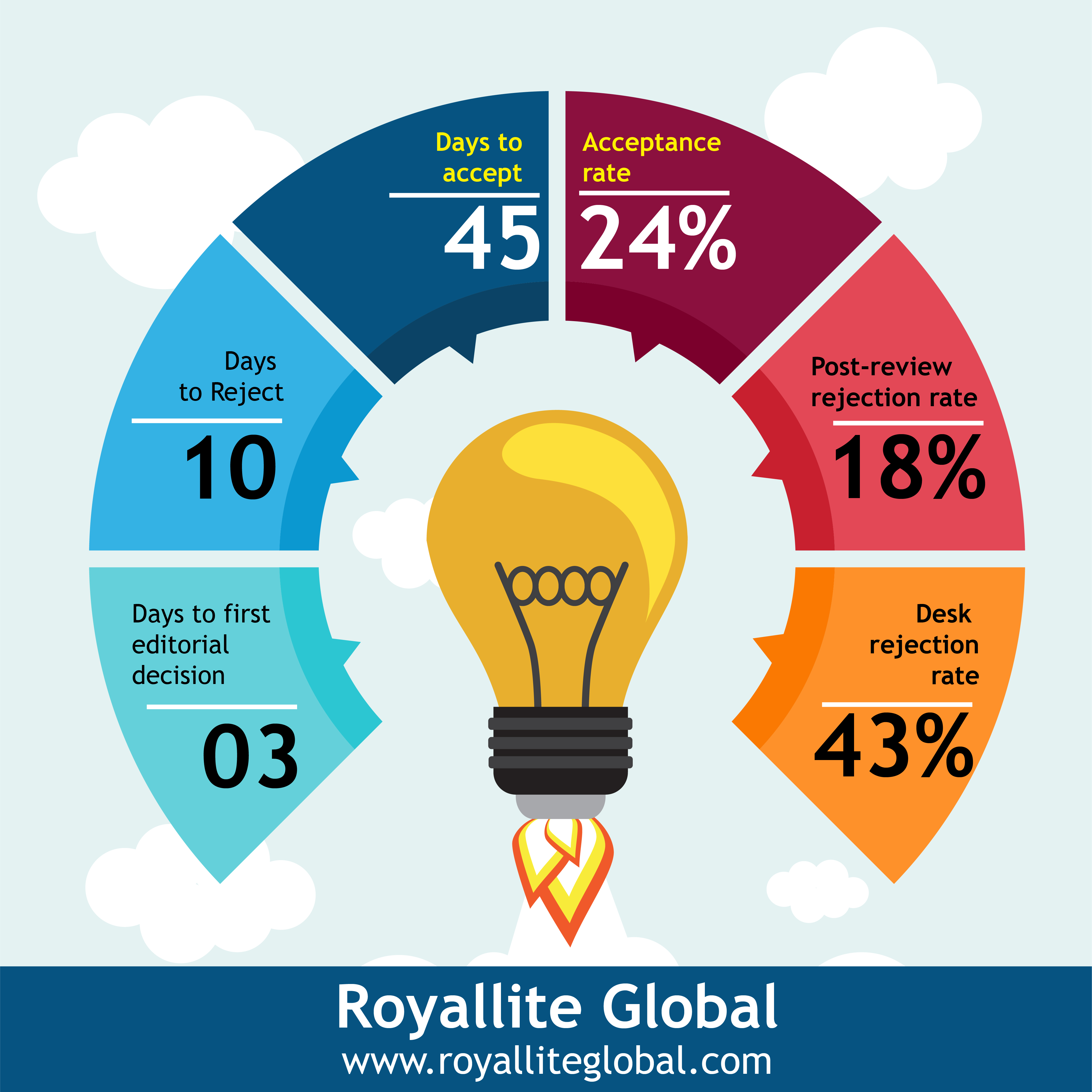The Language of Kikuyu Popular Artists as “Community Spokespersons” On Ethnic Cleansing in Kenya
Keywords:
Kenya, Kikuyu Popular Artists, popular songsAbstract
This paper focuses on popular songs that were performed on Kenya’s mega historical period of 2007/2008. The country experienced socio-political conflict precipitated on the winner of the Presidential race, hence the ethnic cleansing. New Historicism arrives at a deeper insight into the context of the songs. It is interested in the reconstruction of the actual relations among people at a particular time. The presidential aspirants named in the chaos, remain historical personages in Kenya. This discussion reveals the interaction between poetics and political history. The discussed poets immersed themselves in the real historical phenomena positioning themselves as spokespersons on the upheavals. The chapter is based on song-texts selected from Gikuyu artists who engaged the audience on the events.
References
Achebe, C. (1975). Morning Yet on Creation Day. London: Heinemann
Akivaga, S. K. & Odaga, A. B. (1982). Oral Literature for Schools: A Certificate Course. Nairobi: East Africa Educational Publishers
Barret, W. E. H. (1912). Akikuyu Fairy Tales. Man XII, London: Heinemann
Bhabha, H. (1990). Nation and Narration. London: Routledge
Bressler, C. E. (2002). Literary Criticism: An Introduction to Theory and Practice. New York: Prentice Hall
Drewett, M. & Cloonan, M. (2006). Popular Music Censorship in Africa. London: Ashgate
Finnegan, R. (1970). Oral Literature of Africa. Nairobi: Oxford University Press
Finnegan, R. (1977). Oral Poetry. Bloomington: Indiana University Press
Kabira, W. (1987). The Oral Artist. Nairobi: East African Educational Publishers
Kenyatta, J. (1938). Facing Mount Kenya. Nairobi: Heinemann Kenya Ltd
Kombani, K. (2012). The Last Villains of Molo. Nairobi: Longhorn Publishers
Leaky, L. S. B. (1954). Defeating Mau Mau. London: Methuen & Co. Ltd
Mahugu, P. (1990). "A Literary Investigation into the Agĩkûyû Songs of Independence." M.A. Thesis, University of Nairobi
Mutahi, K. & Kabira, W. (1988). Gikuyu Oral Literature. Nairobi: EAEP
Mutonya, M. (2013). The Politics of Everyday Life. Nairobi: Twaweza Publications
Mwangi, P. M. (2002). “The Poetics of Gikuyu Mwomboko Poetry: A Case Study of Selected Performing Artists.” Unpublished M. A. Thesis, Kenyatta University
Mwai, W., Mwenje, M., M’Raiji, J. K. (2017). The Construction of Feminine Psychology in Swahili Women’s Nuptial Poetry-Unyago. Journal of Educational and Developmental Psychology
Njogu, K. & Maupeu, H. 2007. Songs and Politics in Eastern Africa. Dar es Salaam: IFRA & Mkukina Nyota
p’ Bitek, O. (1986). Artist the Ruler. Nairobi: EAPH
Wa Kinyatti, M. (1980). Thunder from The Mountains: Mau Mau Patriotic Songs. London and New Jersey: ZedPress and Midi-Tiki
Wa Thiong’o, N. & Mugo, M. G. (1976). The Trial of Dedan Kimathi. Nairobi: EAEP
Wainaina, Michael. (1998). “Aspects of Orature in Selected Gikuyu Popular Songs.” Unpublished M. A. Thesis, Kenyatta University
Wanjala, C. (1973). Standpoints on African Literature. Nairobi: East African Literature Bureau
Downloads
Published
Issue
Section
License
This open-access article is distributed under a Creative Commons Attribution (CC-BY) 4.0 license.
You are free to: Share — copy and redistribute the material in any medium or format. Adapt — remix, transform, and build upon the material for any purpose, even commercially. The licensor cannot revoke these freedoms as long as you follow the license terms. Under the following terms: Attribution — You must give appropriate credit, provide a link to the license, and indicate if changes were made. You may do so in any reasonable manner, but not in any way that suggests the licensor endorses you or your use. No additional restrictions You may not apply legal terms or technological measures that legally restrict others from doing anything the license permits.






